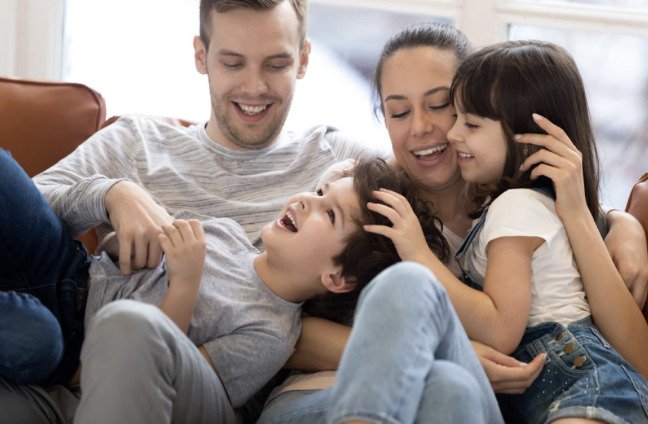Parent Therapy: Safe Emotional Spaces at Home
Every parent wants home to feel like a place where their child feels loved, heard, and safe. But when emotions run high, whether it’s anger, sadness, or anxiety, it can be hard to know how to respond. Parents may worry they’ll say the wrong thing, or they may feel overwhelmed themselves.
Safe emotional spaces are environments where kids can express feelings without fear of judgment or punishment. Creating this kind of home environment doesn’t always come naturally, but that’s where parent therapy can help.
Why Emotional Safety at Home Matters
Children experience big emotions just like adults, but they don’t always know how to put their feelings into words. If kids don’t feel safe sharing, they may act out, shut down, or carry their struggles silently. Over time, this can affect confidence, friendships, and even family relationships.
Parents also feel the weight, wondering if they’re doing enough or worrying when their child doesn’t open up. Without support, home can start to feel tense rather than comforting.
Parent therapy helps families break this cycle by building tools for connection, understanding, and emotional regulation.
How Parent Therapy Helps Create Safe Emotional Spaces
Therapists work with parents to make home a place where children know it’s okay to have big feelings. Some ways therapy helps include:
Understanding Emotions
Parents learn how to recognize what’s behind their child’s behavior, whether it’s stress, worry, or a need for attention.Modeling Calm and Regulation
By learning techniques to manage their own stress, parents show kids what healthy emotional coping looks like.Building Stronger Communication
Therapy teaches parents language and listening strategies that encourage kids to share openly.Breaking Old Patterns
Many parents grew up with “don’t cry” or “toughen up” messages. Therapy helps shift these patterns toward empathy and support.
Creating Family Connection
When kids feel heard, conflict often decreases and relationships grow stronger.
What a Safe Emotional Space Looks Like
A safe emotional space at home doesn’t mean a conflict-free home, it means a supportive one. In these homes, children feel:
Free to share their feelings without being judged or dismissed
Confident that mistakes won’t make them “bad” or unworthy
Supported with tools like deep breathing, mindfulness, or calming routines
Encouraged by parents who listen with patience and compassion
When families practice emotional safety, kids build resilience and parents feel more confident in their role.
Helping Families Thrive, One Conversation at a Time
Every parent deserves support in creating a calmer, more connected home. With the right tools, safe emotional spaces are possible for any family.
At Healing Voices Psychotherapy, our skilled therapist Alysha Plaggemeier, specialises in parent therapy to help families build stronger emotional connections. Contact us today to book a free 15-minute consultation and take the first step toward creating a safe, supportive home for your family.

